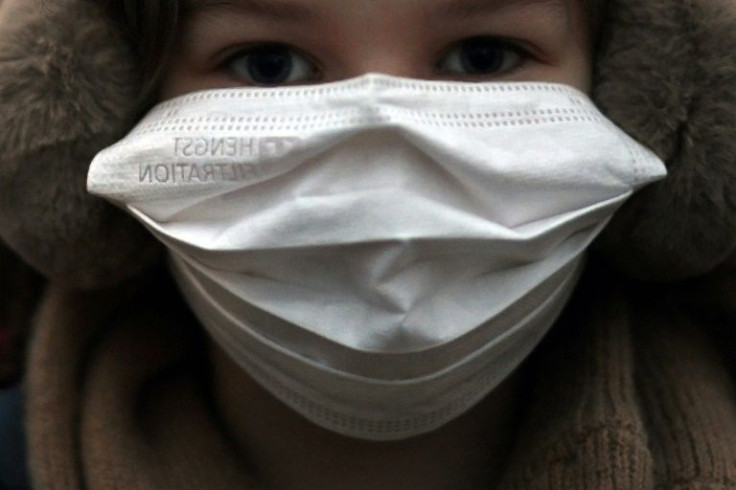Do Face Masks Need To Come Back With Fall COVID Surge Predicted?

Health experts expect another surge of COVID-19 cases to come this fall as new subvariants of the virus spread, but will people need to mask up to protect themselves?
Mask mandates have eased around the country since the height of the pandemic when they were a requirement in most states in public settings. Now, the return of masks is being considered to prevent what could be another COVID outbreak.
Current COVID cases and hospitalizations are declining after a peak in July, the Centers for Disease Control and Prevention indicated. Average daily COVID-related deaths are now around 400.
About 67% of Americans are fully vaccinated, and about 35% have received at least one booster shot, according to data from the agency. Experts agree that vaccinations are the best way to prevent serious illness from COVID. But with another wave of the virus on the horizon, some people may want to rethink face masks for protection.
"My recommendation to people would be to mask when in indoor crowded spaces," Dr. Stuart Ray, a professor of medicine at Johns Hopkins University, told ABC News. "I've spent a great deal of time with patients who have COVID and have not contracted the infection from what I can tell, both from antibody testing and from a lack of syndrome."
While masks may provide protection against the spread of COVID-19, convincing Americans to wear them again may be more of a challenge. Currently, most healthcare facilities require face masks, along with public transit in cities such as Los Angeles, San Francisco, and Denver, ABC News said, but much of the nation has dropped mandates.
"I think that people are really tired of this pandemic and there is, culturally, very little appetite for mandates, for masking," Ray told the news outlet. "And so, it's a steep climb to tell people unless there's a particular context in which it's important, like a health care setting when there are many vulnerable people."
But another surge of the virus could push people into wearing masks. "If we were to come into a highly disruptive surge, then the appetite for a mandate might change, because people realize that a bunch of essential services are being disrupted," Ray said. "If hospitals got stressed by the surge, then I think we might see mandates returned."
While there are no state mask mandates in place, the need to wear one is up to an individual and their risk level, Ray told ABC News.
"You to weigh your own susceptibility, your own tolerance for the risk of the long-term complications, which are still somewhat unknown and the risks that you might pose to people you care for either professionally or personally at home," Ray said.
"Now, some people may decide -- and this is the judgment part -- that they just don't care that they don't think that this is a big deal, and that they'll just get infected and that they're likely not to be hospitalized."
© Copyright IBTimes 2025. All rights reserved.





















